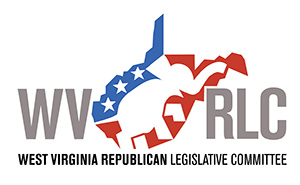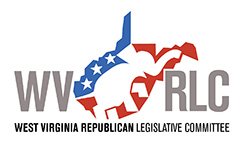Source: The News Center
CHARLESTON, W.Va. (WTAP) – West Virginia House Speaker Tim Armstead, (R-Kanawha), and Senate President Mitch Carmichael, (R-Jackson), today unveiled the Legislature’s plan to balance the state’s budget by controlling government spending and avoiding massive tax increases on struggling West Virginians.
Gov. Jim Justice’s administration has projected the state will collect $4.05 billion for the General Revenue Fund in the coming fiscal year, which begins July 1. Yet the Governor has proposed a budget that would spend $4.5 billion – spending mainly backed by the largest tax increase in state history.
Rather than basing a budget around what government wants to spend, Speaker Armstead and President Carmichael say they believe the budget should be based on what government expects to collect from its people, rather than asking them to pay additional taxes to fuel more spending.
To balance the budget at the initial $4.05 billion revenue estimate, lawmakers propose the following changes to Gov. Justice’s introduced budget bill:
- Elimination of the “Save Our State” Fund, saving $105.5 million
- Implement “Smoothing” in Teachers’ Retirement System, saving $43.2 million
- Continue 2-percent mid-year cuts implemented by former Gov. Earl Ray Tomblin; saving $21.9 million
- Not including Gov. Justice’s proposed 2-percent teacher pay increase; saving $21 million
- Eliminating greyhound subsidies; saving $15 million
- End the casino modernization subsidy; saving $9 million
- Foregoing Gov. Justice’s $5.6 million tourism advertising increase
- Redirecting a $38.3 million transfer for the Workers’ Compensation Fund
- Redirecting a $30.9 million General Revenue/Lottery Surplus transfer
- Foregoing a General Revenue transfer to the Division of Highways; saving $11.7 million
- Accepting a $2.8 million increase to the beer barrel tax (from $5.50 to $8.00)
- Recognizing a wholesale liquor increase from 28 percent to 32 percent (does not require legislation)
These changes will leave a roughly $150 million spending-to-revenue gap, which lawmakers will eliminate by prioritizing spending in other areas of the budget. Those gap-closing measures will be implemented throughout the course of the normal budget process in the House and Senate’s Finance committees.
“These actions will be difficult, but we owe it to our citizens to do everything we can to make their government run more efficiently without constantly asking for more money from taxpayers,” Speaker Armstead said. “Our citizens have asked us to make tough choices to get government growth under control, and this budget will do just that.”
“We fully intend to have this budget passed and onto the Governor’s desk before our 60-day session ends April 8,” President Carmichael said. “The days of spending more than we can afford are over. It’s time for our government to live within its means, and this budget approach will accomplish that.”





